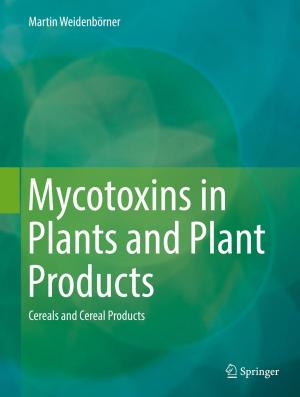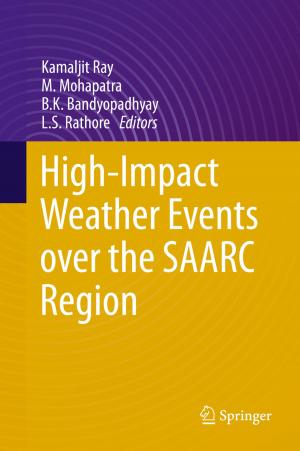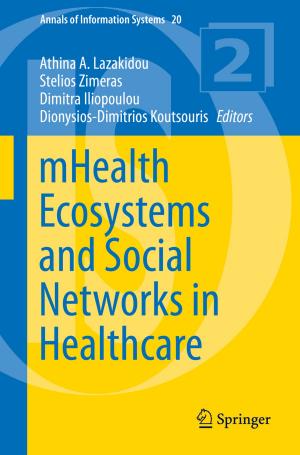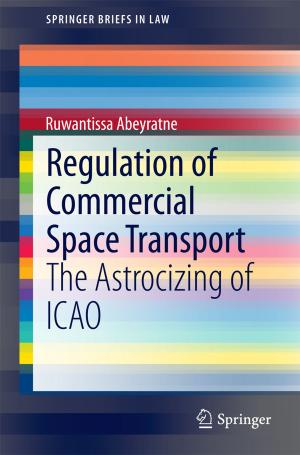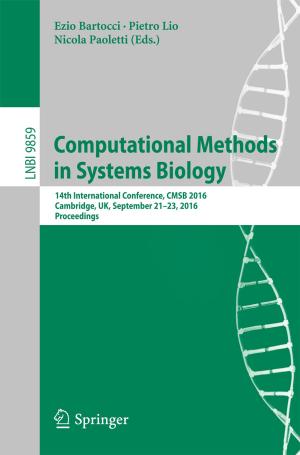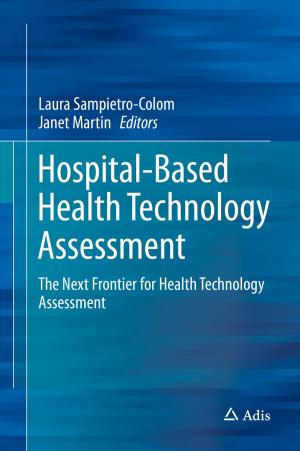Governance of Urban Wastewater Reuse for Agriculture
A Framework for Understanding and Action in Metropolitan Regions
Nonfiction, Science & Nature, Science, Biological Sciences, Environmental Science, Social & Cultural Studies, Political Science, Government, Public Policy| Author: | Ganesh Keremane | ISBN: | 9783319550565 |
| Publisher: | Springer International Publishing | Publication: | May 9, 2017 |
| Imprint: | Springer | Language: | English |
| Author: | Ganesh Keremane |
| ISBN: | 9783319550565 |
| Publisher: | Springer International Publishing |
| Publication: | May 9, 2017 |
| Imprint: | Springer |
| Language: | English |
This book presents a conceptual and practical tool for those involved directly or indirectly in the planning and management of basic provision of water supply, wastewater and stormwater services in metropolitan regions by offering insights into governance paradigms and institutional arrangements for urban wastewater reuse in agriculture from Australia and India. Instead of focusing on the technical aspects of designing and building infrastructure, it provides a better understanding of the institutional and governance challenges of managing urban wastewater, particularly for reuse in agriculture.
As water supplies fall and water stress increases in many areas, the potential of wastewater as a resource is being widely recognized. Today, wastewater (re)use has become an attractive option for conserving and expanding available water supplies. While wastewater (re)use can have many applications, its use in agriculture is the most established, and the one with the longest tradition. Given the growing competition for freshwater from industry and cities, without doubt there is going to be a rapid increase in the global use of treated wastewater, making improved wastewater use in agriculture an emerging priority. Even though it is a vast resource if we reclaim it properly, often most wastewater is wasted. Therefore, in order to realize the full potential of this resource, decision support in policy design and implementation (Institutions and Governance) is key. Institutions and governance frameworks need to provide for the rights of access, rights of ownership, rights to manage source and treated water and the obligations of final use of recycling operations.
This book presents a conceptual and practical tool for those involved directly or indirectly in the planning and management of basic provision of water supply, wastewater and stormwater services in metropolitan regions by offering insights into governance paradigms and institutional arrangements for urban wastewater reuse in agriculture from Australia and India. Instead of focusing on the technical aspects of designing and building infrastructure, it provides a better understanding of the institutional and governance challenges of managing urban wastewater, particularly for reuse in agriculture.
As water supplies fall and water stress increases in many areas, the potential of wastewater as a resource is being widely recognized. Today, wastewater (re)use has become an attractive option for conserving and expanding available water supplies. While wastewater (re)use can have many applications, its use in agriculture is the most established, and the one with the longest tradition. Given the growing competition for freshwater from industry and cities, without doubt there is going to be a rapid increase in the global use of treated wastewater, making improved wastewater use in agriculture an emerging priority. Even though it is a vast resource if we reclaim it properly, often most wastewater is wasted. Therefore, in order to realize the full potential of this resource, decision support in policy design and implementation (Institutions and Governance) is key. Institutions and governance frameworks need to provide for the rights of access, rights of ownership, rights to manage source and treated water and the obligations of final use of recycling operations.

